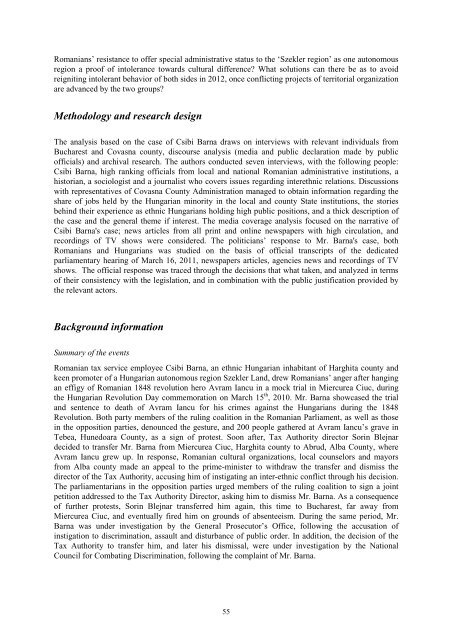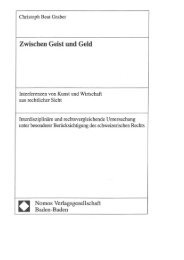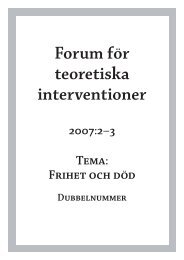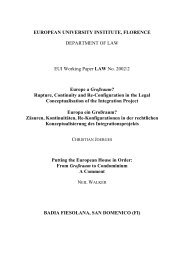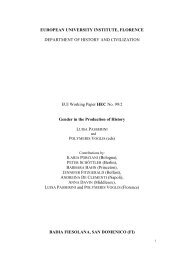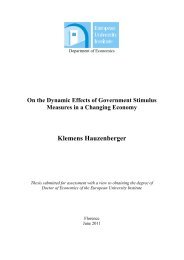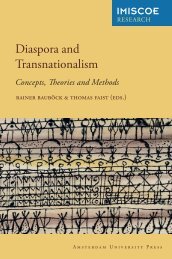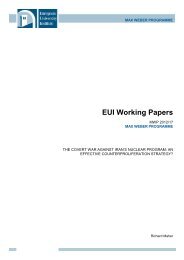Sinziana-Elena Poiana Ioana Lupea Irina-Madalina Doroftei Alina ...
Sinziana-Elena Poiana Ioana Lupea Irina-Madalina Doroftei Alina ...
Sinziana-Elena Poiana Ioana Lupea Irina-Madalina Doroftei Alina ...
You also want an ePaper? Increase the reach of your titles
YUMPU automatically turns print PDFs into web optimized ePapers that Google loves.
Romanians’ resistance to offer special administrative status to the ‘Szekler region’ as one autonomous<br />
region a proof of intolerance towards cultural difference? What solutions can there be as to avoid<br />
reigniting intolerant behavior of both sides in 2012, once conflicting projects of territorial organization<br />
are advanced by the two groups?<br />
Methodology and research design<br />
The analysis based on the case of Csibi Barna draws on interviews with relevant individuals from<br />
Bucharest and Covasna county, discourse analysis (media and public declaration made by public<br />
officials) and archival research. The authors conducted seven interviews, with the following people:<br />
Csibi Barna, high ranking officials from local and national Romanian administrative institutions, a<br />
historian, a sociologist and a journalist who covers issues regarding interethnic relations. Discussions<br />
with representatives of Covasna County Administration managed to obtain information regarding the<br />
share of jobs held by the Hungarian minority in the local and county State institutions, the stories<br />
behind their experience as ethnic Hungarians holding high public positions, and a thick description of<br />
the case and the general theme if interest. The media coverage analysis focused on the narrative of<br />
Csibi Barna's case; news articles from all print and online newspapers with high circulation, and<br />
recordings of TV shows were considered. The politicians’ response to Mr. Barna's case, both<br />
Romanians and Hungarians was studied on the basis of official transcripts of the dedicated<br />
parliamentary hearing of March 16, 2011, newspapers articles, agencies news and recordings of TV<br />
shows. The official response was traced through the decisions that what taken, and analyzed in terms<br />
of their consistency with the legislation, and in combination with the public justification provided by<br />
the relevant actors.<br />
Background information<br />
Summary of the events<br />
Romanian tax service employee Csibi Barna, an ethnic Hungarian inhabitant of Harghita county and<br />
keen promoter of a Hungarian autonomous region Szekler Land, drew Romanians’ anger after hanging<br />
an effigy of Romanian 1848 revolution hero Avram Iancu in a mock trial in Miercurea Ciuc, during<br />
the Hungarian Revolution Day commemoration on March 15 th , 2010. Mr. Barna showcased the trial<br />
and sentence to death of Avram Iancu for his crimes against the Hungarians during the 1848<br />
Revolution. Both party members of the ruling coalition in the Romanian Parliament, as well as those<br />
in the opposition parties, denounced the gesture, and 200 people gathered at Avram Iancu’s grave in<br />
Tebea, Hunedoara County, as a sign of protest. Soon after, Tax Authority director Sorin Blejnar<br />
decided to transfer Mr. Barna from Miercurea Ciuc, Harghita county to Abrud, Alba County, where<br />
Avram Iancu grew up. In response, Romanian cultural organizations, local counselors and mayors<br />
from Alba county made an appeal to the prime-minister to withdraw the transfer and dismiss the<br />
director of the Tax Authority, accusing him of instigating an inter-ethnic conflict through his decision.<br />
The parliamentarians in the opposition parties urged members of the ruling coalition to sign a joint<br />
petition addressed to the Tax Authority Director, asking him to dismiss Mr. Barna. As a consequence<br />
of further protests, Sorin Blejnar transferred him again, this time to Bucharest, far away from<br />
Miercurea Ciuc, and eventually fired him on grounds of absenteeism. During the same period, Mr.<br />
Barna was under investigation by the General Prosecutor’s Office, following the accusation of<br />
instigation to discrimination, assault and disturbance of public order. In addition, the decision of the<br />
Tax Authority to transfer him, and later his dismissal, were under investigation by the National<br />
Council for Combating Discrimination, following the complaint of Mr. Barna.<br />
55


